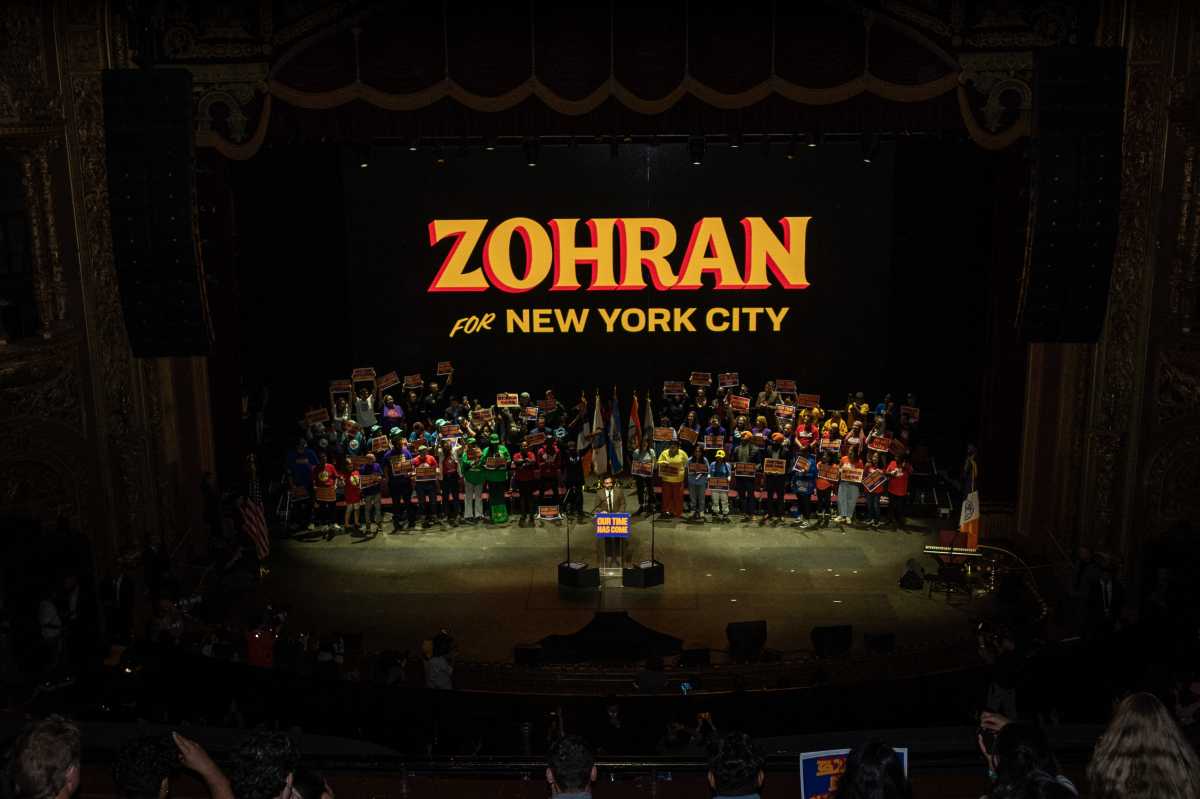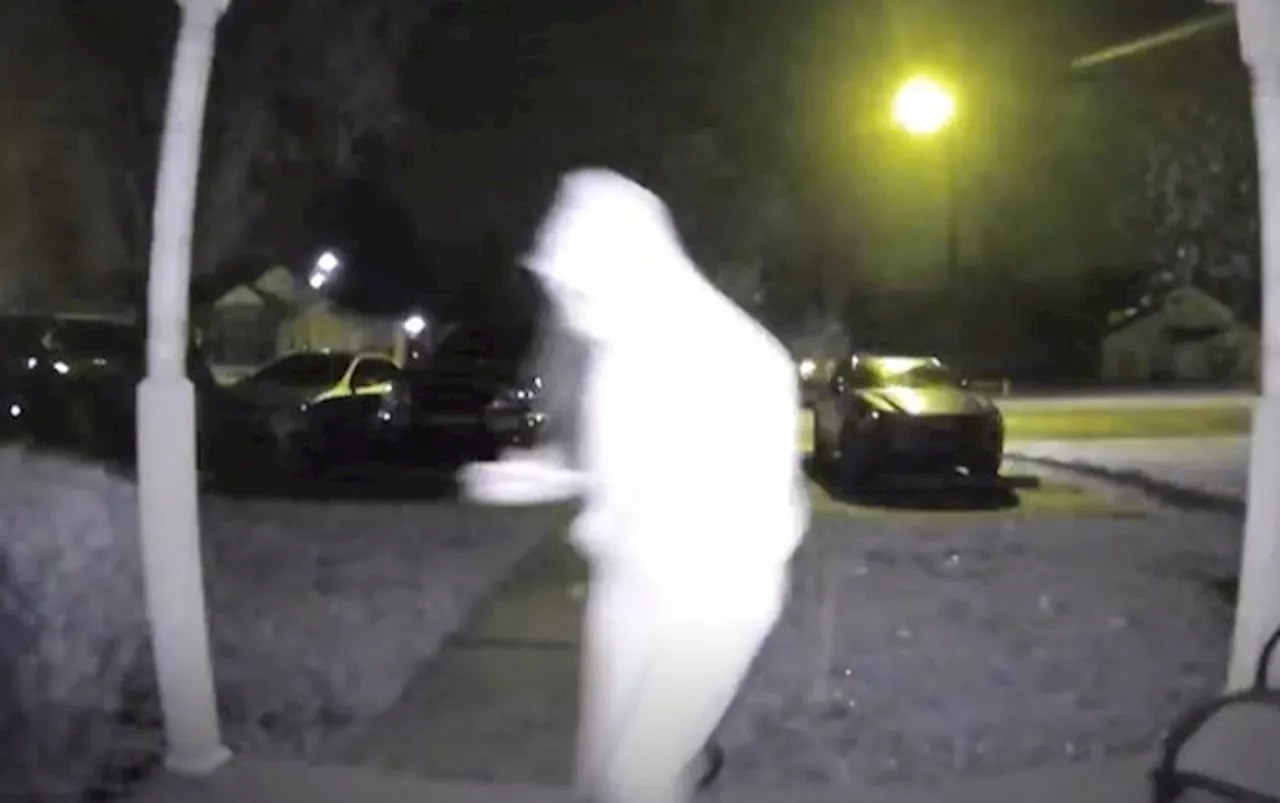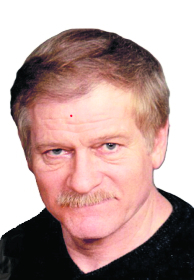The recent mayoral election in New York City has ignited discussions about the role of clergy in political matters. While the election outcome has been decided, concerns remain within the Jewish community regarding the newly elected mayor, Zohran Mamdani. Many rabbis, citing fears over Mamdani’s past comments, publicly urged their congregations to vote against him, raising questions about the appropriateness of religious leaders influencing political decisions.
The Jewish population in New York City, the largest outside of Israel, has expressed significant anxiety about Mamdani’s views. Some rabbis felt compelled to address these concerns from the pulpit, highlighting what they perceive as an “existential” threat. The mayor-elect has claimed his intention to protect and celebrate the Jewish community, but the impact of clergy urging their congregants to vote a certain way remains uncertain.
The influence of religious leaders in political affairs is a contentious topic. The public sermons delivered in synagogues across the five boroughs may not have changed the election outcome, but they reflect a notable level of concern. This situation is unprecedented in recent memory, as it reveals how a particular demographic has mobilized against a polarizing candidate.
With a rise in global anti-Semitism, the urgency felt by the rabbinate is understandable. Their public admonitions against Mamdani stem from a belief that his rhetoric could endanger the Jewish community. His failure to condemn inflammatory phrases, such as “globalize the intifada,” intensifies these fears.
Reflecting on the historical context, one might consider the powerful oratory of Martin Luther King Jr.. His sermons in the 1960s inspired many, yet he grappled with the potential ramifications of discussing politics from the pulpit. The reverend was reportedly concerned that political endorsements could jeopardize the tax-exempt status of his church. Despite this, he did address political issues, warning his congregation about candidates who threatened civil rights.
The question of clergy influence is complex. Many congregants seek guidance from their religious leaders, and some may welcome political direction. However, others may feel uncomfortable when their leaders endorse specific candidates or policies. Unlike changing the channel on a news program, congregants cannot easily disengage when their clergy discuss electoral politics.
For some attendees, the fear of disrespecting their religious leader may lead them to remain silent, even if they disagree. This dynamic raises critical questions about the proper role of clergy in guiding their communities, particularly in politically charged environments.
In a more appropriate setting, such as a community organization or club, discussions about political endorsements may be expected. However, religious institutions typically serve as spaces for spiritual growth rather than political campaigning. The fine line between spiritual guidance and political activism can create tension among congregants who hold varying beliefs.
The recent relaxation of the Johnson Amendment, which previously restricted tax-exempt organizations from engaging in political endorsements, adds another layer to this debate. The current administration’s policies regarding this amendment may shift, further complicating clergy involvement in political discourse.
Moving forward, it is crucial for religious leaders to consider their role within their communities. While engaging in political discussions can be valuable, they must balance this with their primary responsibility of nurturing the spiritual well-being of their congregants.
As New York City moves ahead under Mayor-elect Mamdani, it is essential for him to address the concerns of the Jewish community. His ability to foster trust and understanding will be vital in ensuring that all constituents feel valued in the diverse fabric of the city.






